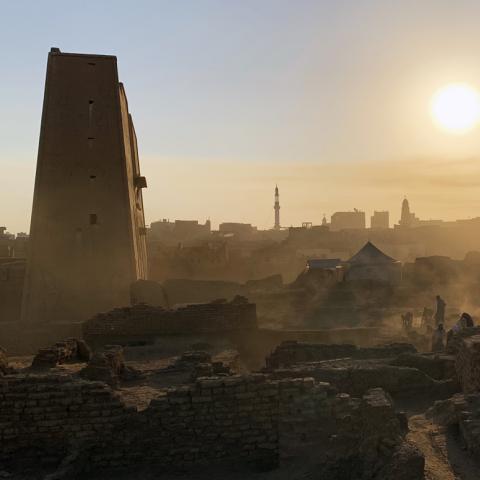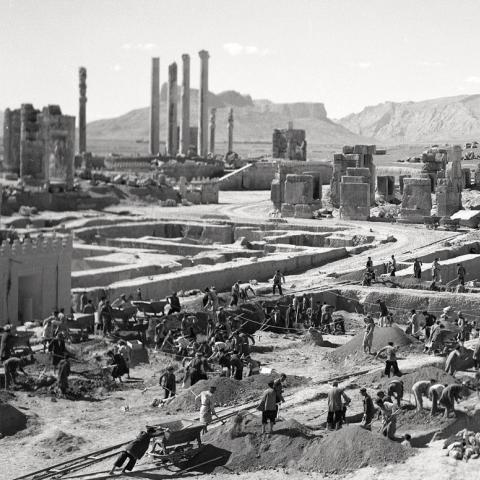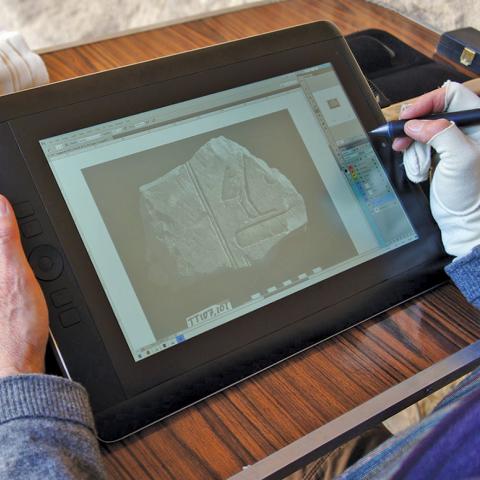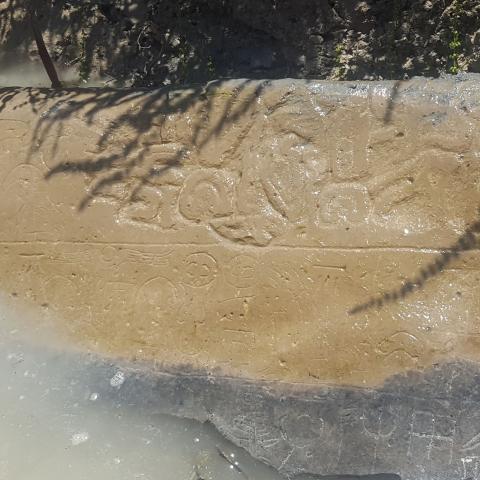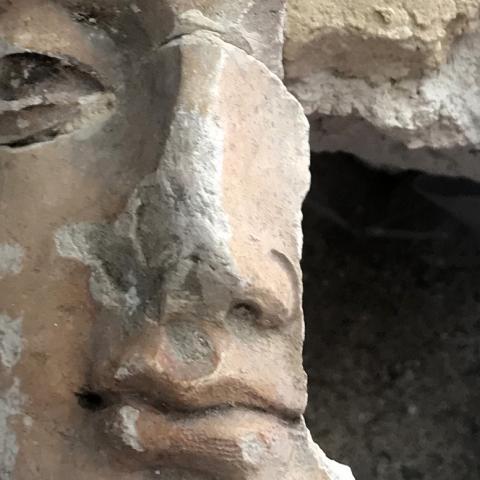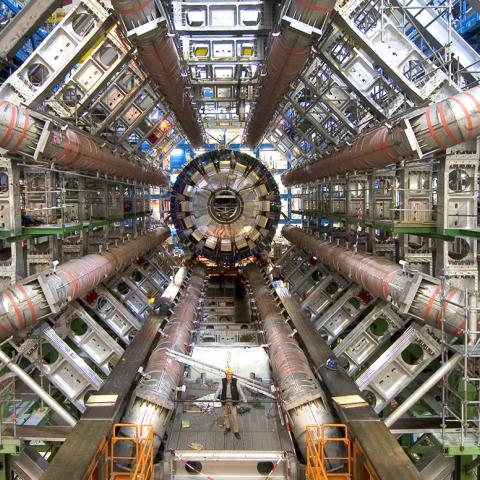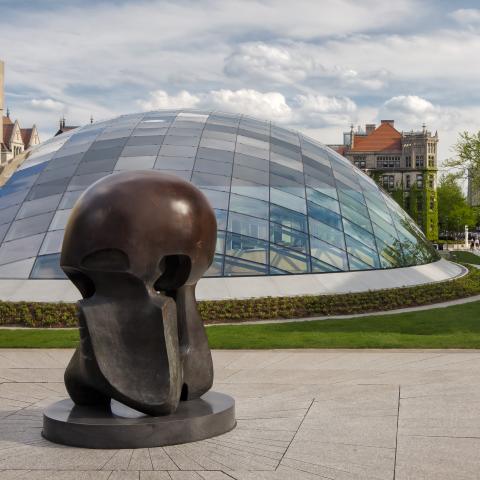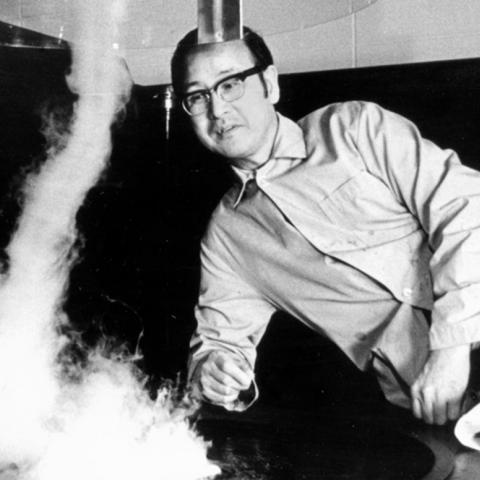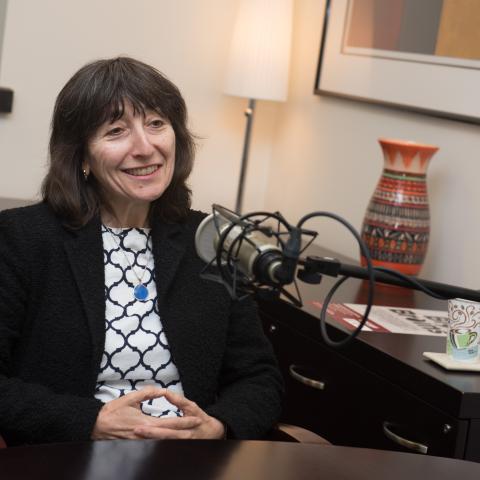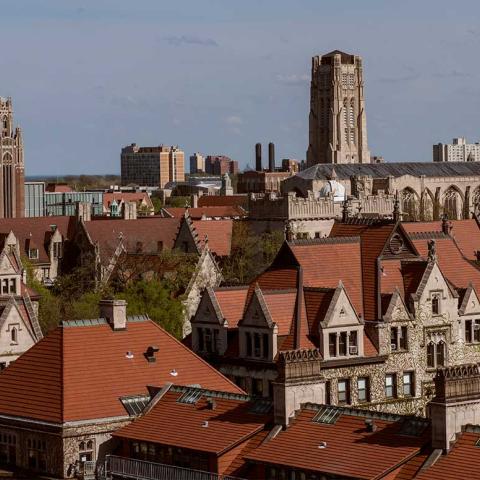The Day Tomorrow Began - Ancient Civilizations
In 1919, UChicago Egyptologist James Henry Breasted formed the Oriental Institute (OI)—a world-renowned museum and interdisciplinary research center dedicated to the study of early civilizations in Western Asia and North Africa.
OI archaeologists carried out large-scale expeditions in modern-day Iraq, Turkey, Egypt, Iran and Israel, unearthing massive temple complexes as well as objects of everyday life. For over 100 years, these items have helped researchers sketch a portrait of life in the some of the world’s oldest cities.
The careful documentation of hundreds of thousands of inscriptions helped scholars to unravel the mysteries of cuneiform—the world’s oldest writing system. First developed in Sumer, an ancient Mesopotamian city, cuneiform was eventually adopted by others, like the Akkadians and Babylonians for their own languages.
UChicago scholars have worked to decipher languages that haven’t been spoken for thousands of years. The Chicago Assyrian Dictionary, finalized after nine decades, was the key to unlocking ancient legal codes, literature and economic transactions. Other UChicago dictionary projects are examining the Hittite and Demotic languages.
Today, UChicago scholars partner with local experts to document and preserve ancient sites and culture. Data collected in the field supports research in the Departments of Near Eastern Languages and Civilizations, Classics, Anthropology, History, Art History and the Divinity School—scholarship which bridges the ancient past to our lives today.

Big Brains podcast: The origins of civilization and the future of archaeology
Learn how an Indiana Jones-type figure at UChicago transformed the field—and the questions that scholars are wrestling with today.
Listen to the episode here

The Fertile Crescent, explained
What is the Fertile Crescent? Where is it and what ancient civilizations lived there? What was life like in the world's oldest cities? And how do we know? Learn the answers to these questions and more.
Read the explainer here
Top Research
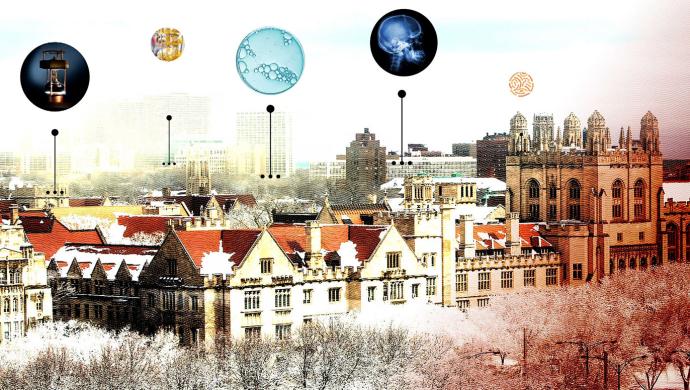
Explore more topics in the series
Learn about the monumental breakthroughs at the University of Chicago and the people behind them.
